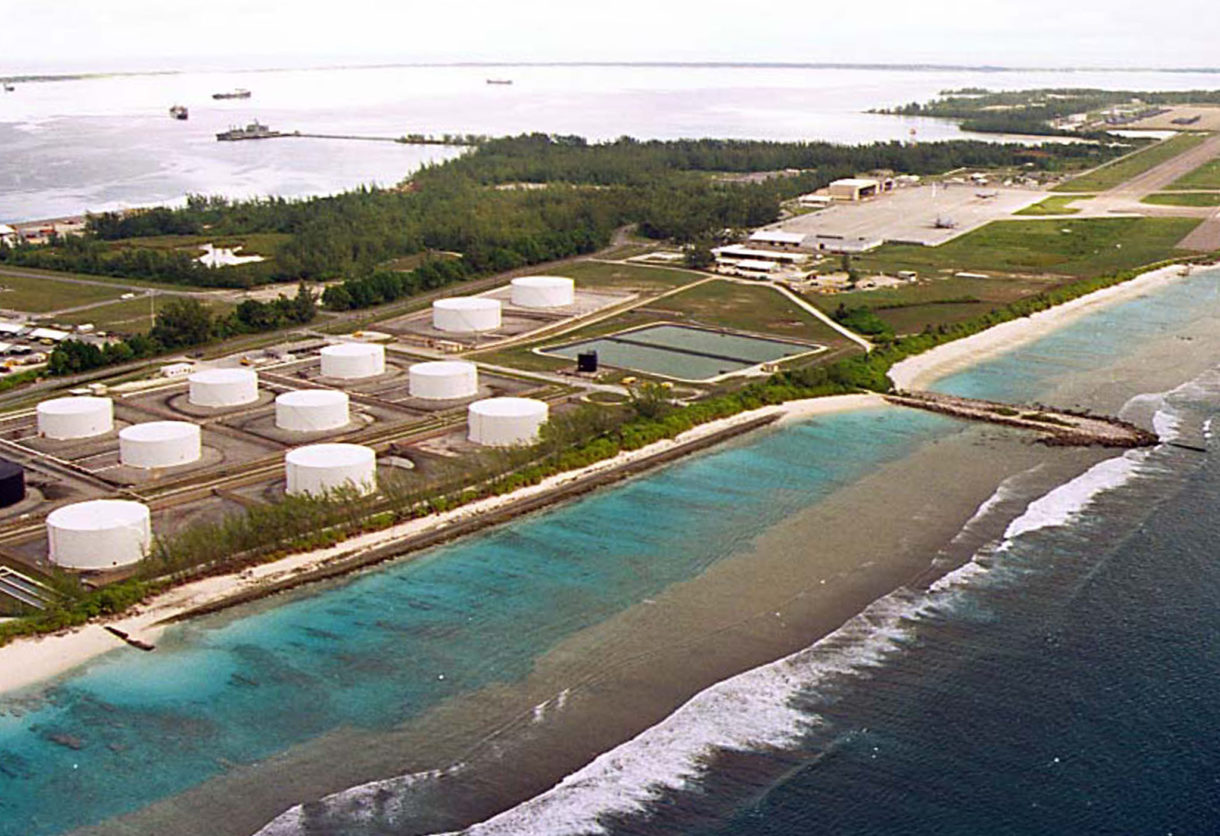In the late 1960s and early 1970s, the U.K. forcibly removed the entire population of the Chagos Archipelago, an area that had been part of Mauritius. And on the largest island, Diego Garcia, it allowed the U.S. to build a large and strategically important military base.
Now the U.N.’s court says the way the U.K. expelled the people of the Chagos Islands was against international law, and that the U.K. must “bring an end to its administration of the Chagos Archipelago as rapidly as possible.”
Thirteen of the court’s judges agreed with those findings; just one, who is from the U.S., voted against them.
The International Court of Justice’s advisory opinion, issued on Monday, is nonbinding. But it is seen as significant. As The Guardian put it, “the unambiguous clarity of the judges’ pronouncement is a humiliating blow to Britain’s prestige on the world stage.”
In a statement, the U.K. Foreign Office stressed, “This is an advisory opinion, not a judgment.” Unlike an advisory opinion, the ICJ says its judgments are final and binding. As the BBC reported, the U.K. said it would look “carefully” at the court’s opinion.
The Foreign Office also emphasized the strategic importance of the Chagos Islands: “The defence facilities on the British Indian Ocean Territory help to protect people here in Britain and around the world from terrorist threats, organised crime and piracy.”
In 1964, the U.S. approached the U.K. and “expressed an interest in establishing military facilities on the island of Diego Garcia,” the opinion states. They reached a deal to remove all the people from the islands, NPR’s Ari Shapiro reported.
“There will be no indigenous population except seagulls,” says one declassified message from 1966. “Unfortunately, along with those birds go some few Tarzans,” another said, as Shapiro reported.
The U.K. evicted some 2,000 people from the islands, The Associated Press reported, by either forcibly removing them or not allowing them to return. “They shipped the Chagossian people more than a thousand miles away to Mauritius, a former British colony, where the people lived in abject poverty,” Shapiro added.
The British forced out the population, as NPR’s Deborah Amos reported, in exchange for something they wanted – “a discount on the Polaris nuclear missile defense system.”
During this same period, Mauritius was seeking independence from the U.K. And during those talks between the British and officials from Mauritius, the idea of separating the Chagos Islands from the rest of Mauritius was on the table. The U.K. formally detached the Chagos Archipelago from Mauritius in 1965, calling it the British Indian Ocean Territory. In 1968, Mauritius gained its independence from the U.K.
Outside The Hague today, a Chagossian who was forced out as a child expressed hope. “Oh, I feel so happy today because it’s a big victory against injustice done by the British government for many years,” Olivier Bancoult told the AP.
The court’s opinion is directed at all U.N. member states, not just the U.K. It reads: “All Member States must co-operate with the United Nations to complete the decolonization of Mauritius.”
Authorities from Mauritius have previous said that the U.S. base can remain on the island, whatever its status. Last year, Mauritius Defense Minister Anerood Jugnauth said at a hearing that “Mauritius recognizes its existence and has repeatedly made it clear to the United States and the administering power that it accepts the future of the base,” according to the AP.
9(MDEwNzczMDA2MDEzNTg3ODA1MTAzZjYxNg004))
